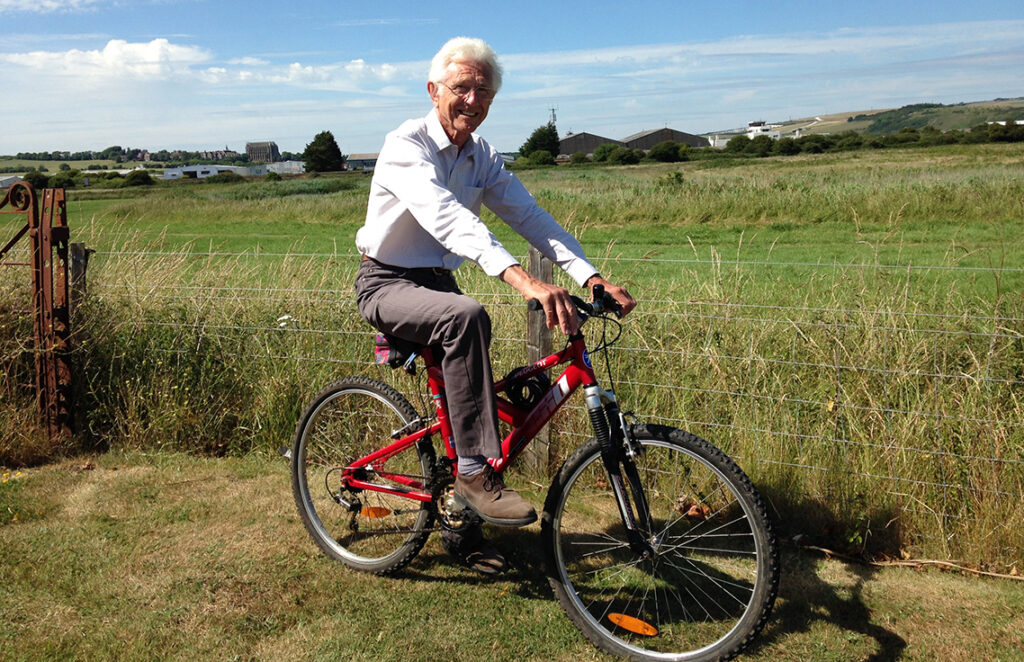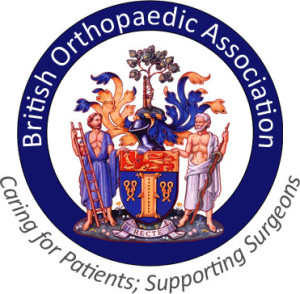Fractures
Mr Shah specialises in treating hip, knee and ankle fractures to relieve discomfort and provide you with the best possible long-term outcome.
- Receive expert advice from a consultant
- Choose from all your treatment options
- Enjoy everyday life pain-free


What is a fracture?


Types of fractures?

Types of
fractures
There are two types of fracture: closed and open. A closed fracture doesn’t affect the skin, whereas an open fracture will pierce through the skin, revealing the broken bone.
Fractures often occur as the result of a collision or fall and require urgent attention. But in some cases there is no obvious cause. Stress fractures, for example, can occur slowly over time due to repeated stress on a particular bone and joint.
All this is pain-free
After eight weeks, I was able to ride a mountain bike, climb ladders carrying fairly heavy items and lead a normal life once again. I have neither lost my balance nor fallen at all since the operation. All this is pain-free, both hip and back.
- Mervyn Hillier
Signs you have a fracture?
Usually, a fracture will occur as the result of an accident and symptoms include severe pain, swelling, deformity, sometimes bleeding, and a loss of function. In the case of a stress fracture, you may experience some of these symptoms to a lesser extent and they will gradually worsen over time.
In both cases, it’s important to seek medical advice swiftly and visit your GP or local accident and emergency department for immediate care.


Treatments for fractures
Fractured bones usually heal naturally by themselves, but they may need to be aligned properly and held in place to ensure they heal in the correct position. This realignment is usually performed under general anaesthetic and the bones are held in their new position using a cast or splint.
Occasionally the bones need to be secured using metal screws or rods. And in more severe cases, it may be necessary to replace damaged joints with a prosthesis to provide the best possible outcome.
Ready to restore your independence?
To ask us a question or arrange a consultation with Mr Shah, don’t hesitate to get in touch.


